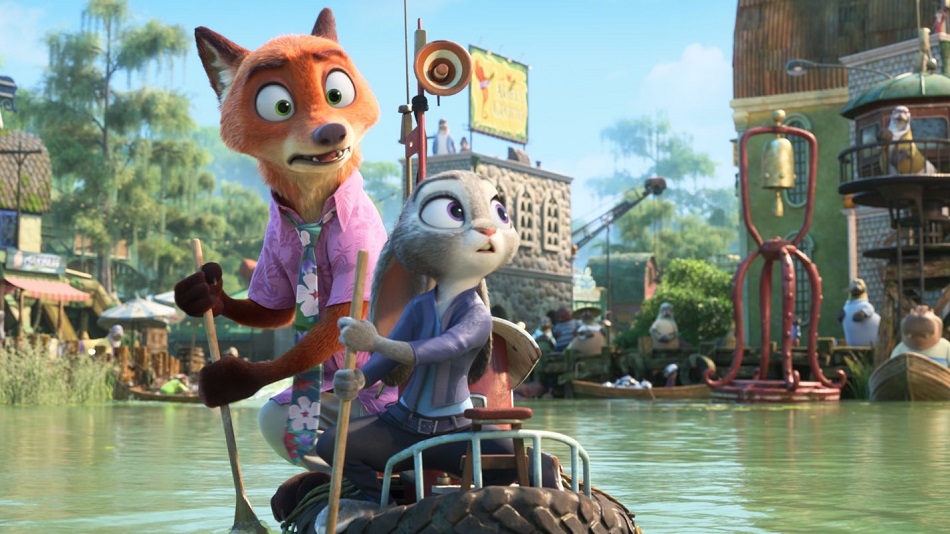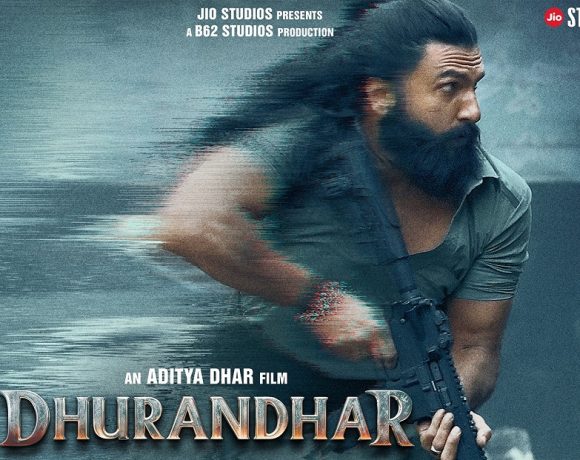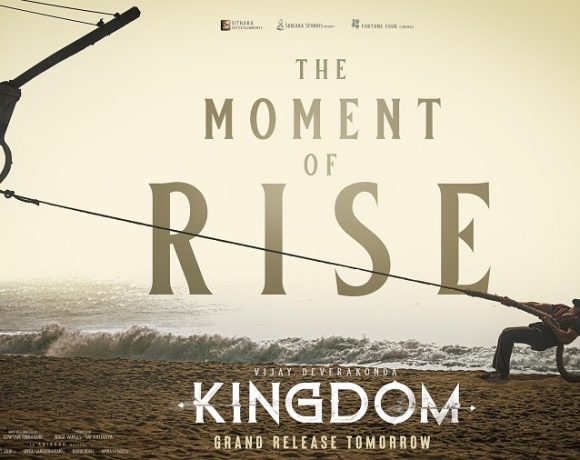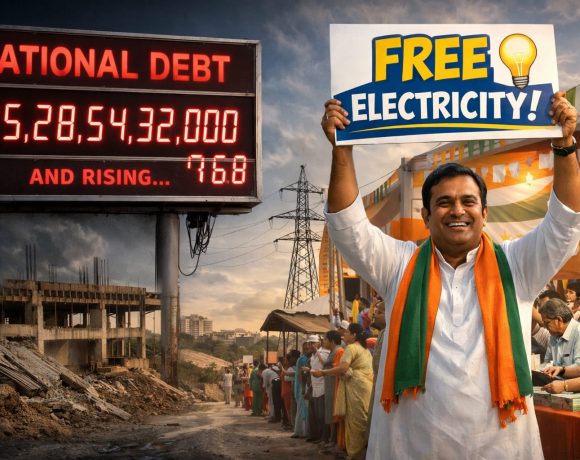
Zootopia 2: A Warm, Confident, and Beautifully Realised Return to a Modern Classic
Nearly a decade after the original redefined what an animated film could say about society, Zootopia 2 arrives with an entirely different mission. Instead of attempting to surpass the first film’s sharp commentary or replicate its cultural impact, it makes a deliberate creative choice: to build a sequel rooted in emotional maturity, visual richness and enduring character chemistry. Watching it unfold on screen, this decision becomes the film’s greatest strength.
From the opening sequence, it is clear that Zootopia itself has grown. The city feels more alive, more layered and more textured. New districts, new species and expanded local cultures add depth without ever feeling like creative clutter. The animation work deserves particular recognition. The lighting, environmental detail and character expressiveness reflect the remarkable technological leap the studio has made over the years. Even the smallest gestures — a shift in posture, a flicker of doubt across a character’s eyes — are rendered with a sophistication that elevates the narrative.
At the centre of all this are Judy Hopps and Nick Wilde, returning with the kind of chemistry that can only come from characters who have lived in the audience’s imagination for years. The film respects this bond. Their partnership is warm but flawed, confident but not static. The sequel uses their undercover mission not just as a plot device but as a mirror for their evolving relationship. Moments of tension, hesitation and vulnerability create an emotional undercurrent that feels quietly powerful.
Narratively, Zootopia 2 takes a more intimate route than its predecessor. Instead of a big societal conspiracy, the conflict is driven by personal evolution — by the challenges of trusting new allies, confronting internal insecurities and navigating unfamiliar environments. This choice brings a gentler, more human tone to the film. While it may feel less urgent or daring than the original, it feels more emotionally grounded. The screenplay is thoughtful in how it balances humour with heart, ensuring no emotional beat is wasted.
The pacing is smooth, rarely sagging despite the film’s quieter tone. The humour remains sharp and character-specific, leaning into personalities rather than slapstick. The antagonist arc is crafted with nuance, and the new characters — particularly those representing species not explored in the first film — add intriguing social layers to Zootopia’s ever-evolving ecosystem.
One of the film’s understated triumphs is its thematic clarity. It reflects on growth — not dramatic, world-changing growth, but the subtle kind that happens between friends, partners and communities. It explores the discomfort of change, the fear of not being enough and the quiet bravery required to remain open-hearted in a city built on differences. These ideas are handled with sincerity, not heavy-handedness.
Zootopia 2 may not attempt to be a cultural landmark, and that is precisely why it succeeds on its own terms. It is a beautifully animated, emotionally rich story that honours what came before it without being imprisoned by it. It gives fans a reason to return to the city — not for shock or revelation, but for warmth, connection and the pleasure of seeing beloved characters grow.
As a viewer, I rate Zootopia 2 4.6 out of 5. It is a confident, heartfelt sequel — one that chooses emotional truth over spectacle and delivers a deeply rewarding cinematic experience because of it.


















